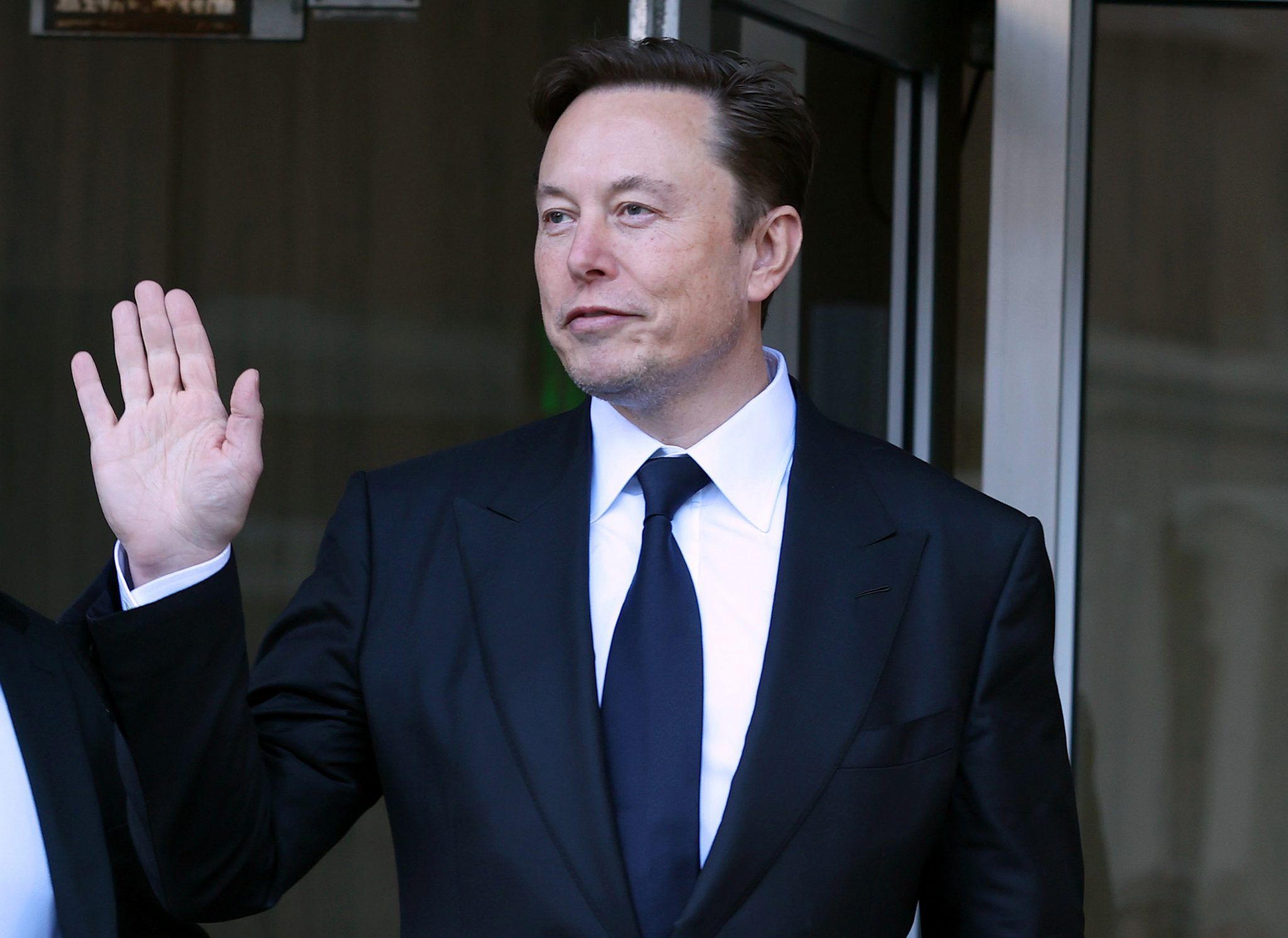Donald Trump Jr. has labelled the proposed legislation as "insane".
The news of the proposed Criminal Justice Bill has seen widespread criticism levelled at the feet of Leinster House, as many onlookers worry about its potential impacts on free speech within Ireland.
Introduced before the Oireachtas by Minister for Justice Helen McEntee, the reforms would make it an offence to deny or joke about genocide, and also expand provisions around the issues of gender identity and disability.
Proponents of this new legislation argue that Ireland's current laws are outdated given the advent of social media, and feel that greater restrictions need to be enforced around what they describe as 'hate speech'.
Conversely, those who ardently disagree with the Bill and its provisions feel that it goes too far and could potentially stifle citizens' rights to free speech.
However, Minister McEntee argues that freedom of speech does not entitle a person to have the ability to participate in hate speech, saying that the State needs to protect those who are "constantly in fear of abuse simply because of who they are."
[caption id="attachment_774141" align="alignnone" width="640"]
 Minister for Justice Helen McEntee has defended the legislation, saying that freedom of speech does not allow for 'hate' speech. (Credit: Rolling News)
Minister for Justice Helen McEntee has defended the legislation, saying that freedom of speech does not allow for 'hate' speech. (Credit: Rolling News)[/caption]
What exactly would the new bill change?:
The proposed legislation will seek to introduce new laws in an attempt to tackle hate crimes, which it considers intentional or reckless communication and behaviour that is likely to incite violence or hatred.
If a person is found guilty of hate speech, Minster McEntee's bill could see the defendant spend a maximum penalty of up to five years in prison.
Hate speech is currently defined as those purposefully targeted due to prejudice against their age, ability, ethnicity, religion, nationality, sexual orientation or gender.
Prosecutors will also be given increased powers, with the issuing of convictions made all the easier by their newfound ability to rely on the use of hostile slurs, gestures or symbols in court.
Ireland presently does not have laws which directly confront the topic of hate speech, with the current legislation dating back to 1989.
The Prohibition of Incite to Hatred Act of 1989 makes it an offence to communicate threatening, abusive or insulting material that is likely to incite hatred against a group of people.
However, in a legal loophole, defendants can under this law fight against charges by proving they did not intend to spread hatred, a clause which would be removed under new Criminal Justice Bill.
This new law will see it that a person is considered liable for a hate crime even if they claim they did not intend it.
[caption id="attachment_774142" align="alignnone" width="640"]
 Tech mogul Elon Musk was just one of many big names to react the new Criminal Justice Bill. (Credit: Getty Images)
Tech mogul Elon Musk was just one of many big names to react the new Criminal Justice Bill. (Credit: Getty Images)[/caption]
Reaction to the bill:
Drawing coverage from around the globe for its purported heavy-handedness, the Criminal Justice Bill has seen criticism from the likes of Donald Trump Jr. and tech billionaire Elon Musk.
The son of former US President Donald Sr. labelled the proposed legislation as "insane", whilst Twitter owner Musk exalted "it is a massive attack on the freedom of speech".
Meanwhile, the Irish Council for Civil Liberties said in a statement that "In general we support those changes as they are designed to make the law more effective and protect vulnerable groups from attack".
However, they did go on to add their "advocating against the inclusion of an offence that would criminalise the possession and preparation of material that would incite hatred", and that the Council believed "other forms of hate speech, which might cause deep offence but do not reach a criminal threshold, should be combated by other means, including education and monitoring".
Minister for Justice Simon Harris also weighed in on proceedings, responding to claims that the introduction of the legislation was a slippery slope for the rights of Irish citizens.
"It's absolutely your right to say offensive things... but it's... absolutely not your right to say something that incites hatred or danger towards another person".
Going on to cite Ireland's ranking as number two on a recent global scale for media freedom, Harris balked at the notion that the legislation was a Trojan horse for the government to manipulate speech in the country.
"When you see Donald Trump, junior or senior, whatever, a member of the Trump family and Elon Musk opposing your legislation, and when you say Fine Gael, Fianna Fáil and the Greens and Sinn Féin, Labour, all these people coming together to vote in favour of something, you know there’s no conspiracy here".
Related Articles:



 Minister for Justice Helen McEntee has defended the legislation, saying that freedom of speech does not allow for 'hate' speech. (Credit: Rolling News)[/caption]
Minister for Justice Helen McEntee has defended the legislation, saying that freedom of speech does not allow for 'hate' speech. (Credit: Rolling News)[/caption]
 Tech mogul Elon Musk was just one of many big names to react the new Criminal Justice Bill. (Credit: Getty Images)[/caption]
Tech mogul Elon Musk was just one of many big names to react the new Criminal Justice Bill. (Credit: Getty Images)[/caption]